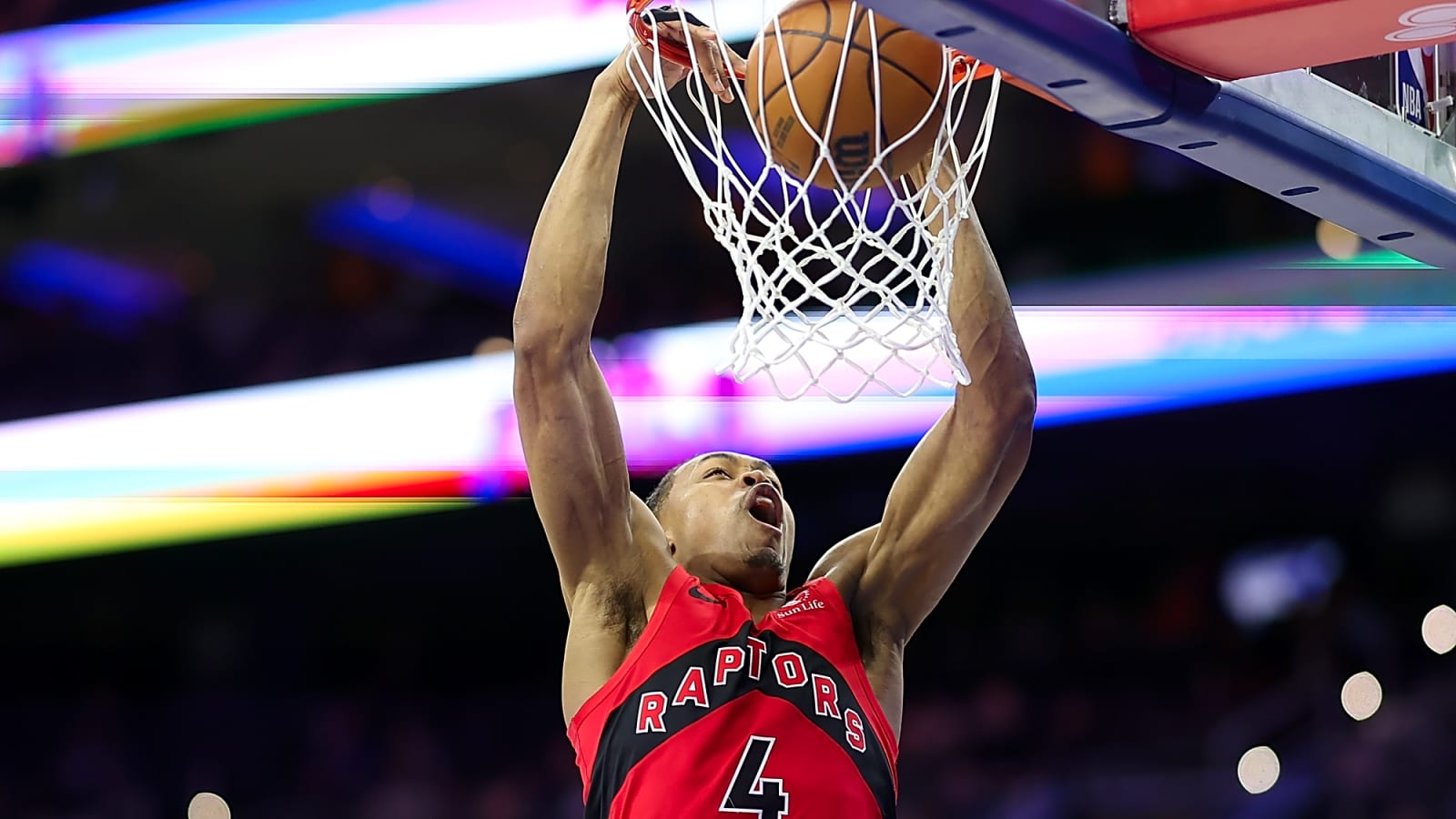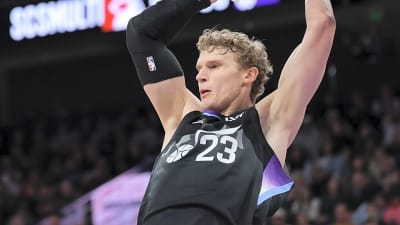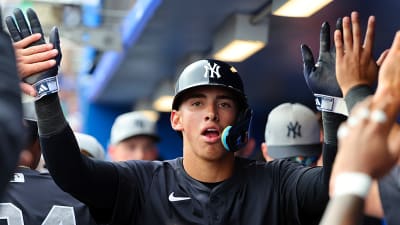
Preseason rarely decides a season, yet it often reveals trends coaches and players embrace early. This preview matters for Toronto because a young roster is now defining roles and habits. Last year closed with optimism, tempered by lessons about process, health, and late-game execution issues.
Six storylines stand out, tying together personnel returns, development surges, and evolving tactical preferences ahead. They offer a framework for what progress should look like when games start counting again. Fans should watch integration, depth, and defense, while noting how structure translates into efficiency nightly.
Each section below traces a discrete focus, grounded in the team’s recent numbers and context. The picture that emerges is pragmatic, cautious about conclusions, yet clear about the necessary steps ahead.
1. Ingram’s Health and Fit With Toronto’s Core
Toronto’s most significant variable is Brandon Ingram returning from the ankle sprain that stalled momentum. He received a plasma-rich platelet injection on April 9, with progress rechecked in May. Before the trade, he averaged 22.2 points, 5.6 rebounds, and 5.2 assists for New Orleans. He also signed a three-year, $120 million extension, underscoring organizational belief in his fit.
Preseason minutes should emphasize chemistry with Scottie Barnes, Immanuel Quickley, and RJ Barrett on ball. Spacing, delay actions, and handoffs can spotlight his playmaking without stalling possessions. Medical clearance matters, but role clarity matters more for smoothing touches and decision-making tempo overall.
If rhythm appears early, lineups featuring Ingram and Barnes could punish switches and rotations consistently, a factor sure to draw attention from odds makers and fans tracking lines on FanDuel Sportsbook. If timing lags, Toronto can throttle usage, preserving health while protecting core offensive principles early.
2. Poeltl’s Paint Protection and Coverage Tweaks
Jakob Poeltl remains the stabilizer, anchoring paint coverage and orchestrating actions from the elbow every night. Early last season, he was asked to play higher in pick-and-roll, with mixed outcomes. Later, he dropped more often, protecting the rim and closing cracks more comfortably. Coaches leaned on his reads, toggling sets to lift shot quality for teammates.
Poeltl, 29, is the oldest signed player, giving this group a needed veteran anchor presence. During the NBA preseason, the Raptors should frequently experiment with coverage depth, weakside tagging rules, and early-clock rim runs. His health matters, given a late-season metacarpal contusion that warranted careful management recently.
If he anchors drop while wings chase over, rotations can tighten without sacrificing rebounding positioning. If the staff prefers higher coverage, second-line timing, and stunts demand crisp preseason reps, together.
3. Barnes’ Two-Way Ascension and Leadership Test
Scottie Barnes enters camp as the fulcrum, balancing usage, efficiency, and defensive responsibility this preseason. He averaged 19.3 points, 7.7 rebounds, and 5.8 assists across 65 appearances last season. Toronto’s defense surged to second after the All-Star break, settling 15th on aggregate.
Barnes anchored coverages, switching, rotating, and cleaning mistakes while energy stayed remarkably consistent. Coaches experimented with heavy on-ball responsibility, which produced lessons alongside occasional downturns in production.
Preseason will spotlight decision speed, screening angles, and when to attack versus facilitate reads. Barnes also finished the year managing a metacarpal contusion, so the workload should be scaled prudently early.
Leadership questions become far easier to answer if efficiency rises while defensive impact holds. If not, guard pairings and late-clock structure must support him without blunting aggression or creativity.
4. Rajakovic’s System: Process Gains vs. Scoring Output
Darko Rajakovic kept modern principles, building motion, delay actions, and handoff sequences into habits.
Toronto threw the sixth-most passes and ran the third-most cuts, emphasizing continual movement across possessions. Isolations were the fewest in the league, with handler-finished pick-and-rolls the fourth-fewest. Handoffs were frequent, ranking eighth, while Poeltl toggled sets cleanly to lift shot quality.
Results lagged, with the offense finishing 26th, after placing 24th the prior season overall efficiency. Clutch stretches hurt further, as the group posted the second-worst overall net rating late league-wide. Preseason focus should test counters that preserve movement while generating cleaner pull-up spacing windows.
Health for Immanuel Quickley, Barnes, and Ingram could turn process gains into actual scoring. Bench lineups must also sustain tempo, so structure persists even during substitution waves consistently.
5. Rookies and Newcomers Pushing a Defensive Identity
Toronto doubled down on defense, adding prospects who can pressure, swarm, and finish possessions. Collin Murray-Boyles arrived ninth overall, after averaging 1.5 steals and 1.3 blocks for South Carolina. At the combine, he measured 6-foot-6.5 with a 7-foot-0.75 wingspan and weighed 239 pounds officially.
Second-rounder Alijah Martin posted 1.5 steals, measured 6-foot-1.5 without shoes, and weighed 208 pounds. Undrafted guard Chucky Hepburn signed a two-way contract after winning ACC Defensive Player honors. He averaged 2.4 steals as a senior, bringing on-ball toughness and turnover creation upside.
Returnees Ja’Kobe Walter, Jonathan Mogbo, and Jamal Shead add continuity from last year’s rookie minutes. Toronto allowed 115.2 opponent points per game, ranking 18th, and addressed that with real depth.
6. Raised Expectations After a Rebuild Year
Last season ended with a 30–52 record and a clear developmental mandate from leadership. Toronto finished seven games back of the final play-in, which strategically aligned with rebuilding priorities.
The organization framed the year as the first phase in a three- to five-year project roadmap. That approach yielded a high pick, adding Murray-Boyles and retaining Brandon Ingram on extension terms.
Players voiced playoff aims, but healthy availability and consistency must precede any ambitious targets. Preseason becomes a checkpoint, translating optimism into matchups, substitution patterns, and reliable closing groups nightly.
What to Watch as Roles Solidify
If these threads align, optimism turns concrete, and opening weeks become a launchpad rather than a tease:
- Use preseason to track availability updates, especially Ingram’s ankle and Barnes’ workload ramp timelines closely,
- Note how spacing evolves in delay actions when Quickley and Ingram effectively share initiator duties,
- Watch Poeltl’s coverage depth, then check whether wings sync rotations without conceding corner threes frequently,
- Track steals, deflections, and on-ball pressure from Murray-Boyles, Martin, and Hepburn in bursts against starters,
- Assess late-clock structure, given last year’s second-worst clutch net rating under pressure and pace control,
- Consider organizational signals, since leadership changed following the draft. That shaped accountability pathways for players and staff,
- Finally, substitution patterns should be monitored; a sustained tempo should survive bench minutes without drift or slippage.
A Thrilling Raptors Preseason Ahead
The Raptors enter the preseason with more clarity than a year ago but no shortage of questions to answer. Health for Brandon Ingram and Scottie Barnes, the integration of defense-first rookies, and fine-tuning Darko Rajakovic’s system will all shape how quickly Toronto can turn optimism into results.
If depth, defensive buy-in, and late-game execution align, this young roster has a genuine chance to turn a rebuilding year into the foundation of a playoff push.
More must-reads:
- Six players who could succeed Celtics guard as Sixth Man of the Year
- Five takeaways from the 2025-26 NBA schedule: New rivalries? Challenging the NCAA?
- The 'NBA minutes leaders by season' quiz
Breaking News
Trending News
Customize Your Newsletter
 +
+
Get the latest news and rumors, customized to your favorite sports and teams. Emailed daily. Always free!








